Measurement properties of the Swedish clinical outcomes in routine evaluation outcome measures (CORE-OM): Rasch analysis and short version for depressed and anxious out-patients in a multicultural area
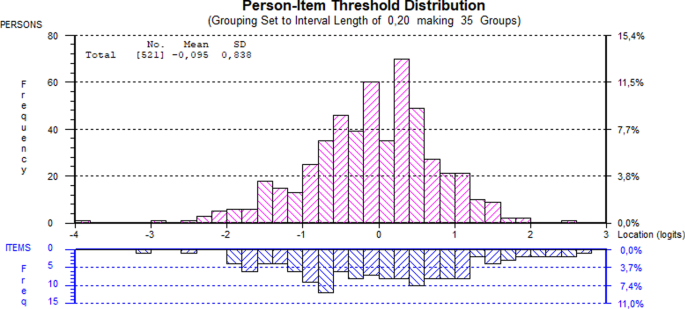
Introduction The Swedish version of the patient-reported Clinical Outcomes in Routine Evaluation Outcome Measures (CORE-OM) has demonstrated high reliability and acceptable convergent validity in explanatory factor analyses. However, the fundamental scale properties have not yet been validated according to item response theory. The aim of this study was to analyze the measurement properties of the Swedish CORE-OM in a cohort of psychiatric out-patients with depression and anxiety in a multicultural area and to explore combinations of items based on shorter versions of the scale (CORE-10, CORE-6D) to improve measurement properties. Methods Data from CORE-OM assessments of 337 patients were analyzed using Rasch analysis. The patients had a mean age of 30 ± 14 years, the majority were women (72%). Requirements for measurement properties were checked: overall model fit, item fit residuals, targeting, internal consistency, differential item functioning and thresholds. Sensitivity to change was also analyzed. Results The CORE-OM showed high internal consistency (person separation index = 0.947) and adequate targeting, but there was overall model misfit (item trait interaction χ2 = 917.53, p < 0.001), indication of local dependency, and differential item functioning in 9 items. The risk items showed problems with disordered thresholds. The emotional component of the shorter CORE-6D showed the best fit for our sample. Adding 3 items to include depressive and trauma-related content resulted in a unidimensional 8-item set with acceptable reliability, model fit, targeting and sensitivity to change. Conclusion For out-patients with diagnosed depression or anxiety in a multicultural area, the Swedish CORE-OM showed high internal consistency, but also validity problems. Based on the shorter CORE-6D version, a unidimensional 8-item set could be an alternative brief measure of psychological distress for this population, but further validity studies are required. Qualitative studies exploring the CORE-OM items in non-native speakers are also warranted.

European Journal of Psychological Assessment 2020 by Hogrefe - Issuu
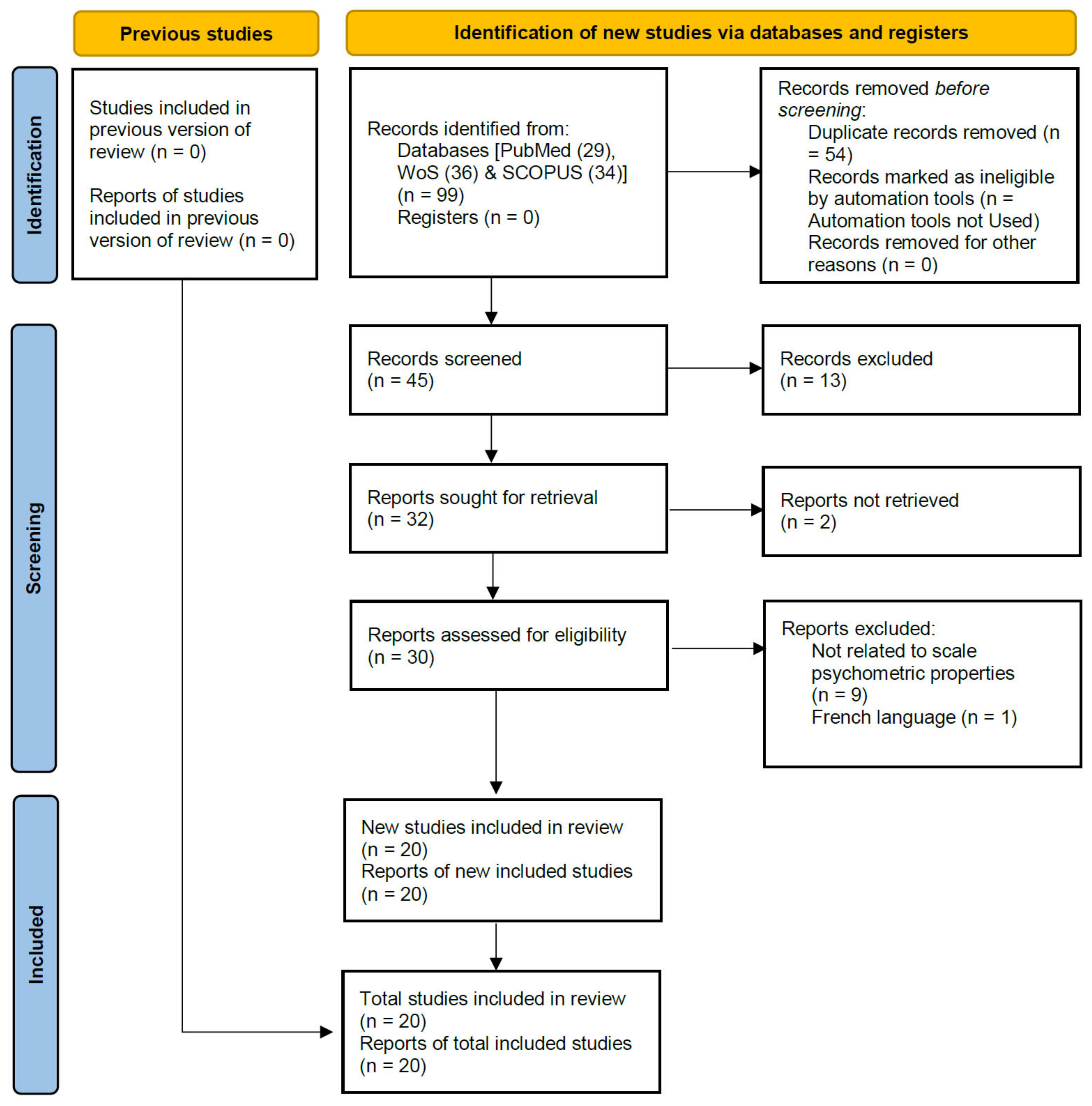
Healthcare, Free Full-Text
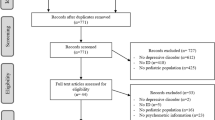
General Measurement Tools for Assessing Mental Health Problems Among Children and Adolescents with an Intellectual Disability: A Systematic Review

IJERPH, Free Full-Text

The Cambridge Handbook of Clinical Assessment and Diagnosis (2019), PDF, Mental Disorder

Comparing outcomes: The Clinical Outcome in Routine Evaluation from an international point of view - Zeldovich - 2019 - International Journal of Methods in Psychiatric Research - Wiley Online Library

EHPS Abstracts 2014 A4, PDF, Cognitive Behavioral Therapy

PDF) Treating Social Anxiety Disorder Remotely with Cognitive Therapy
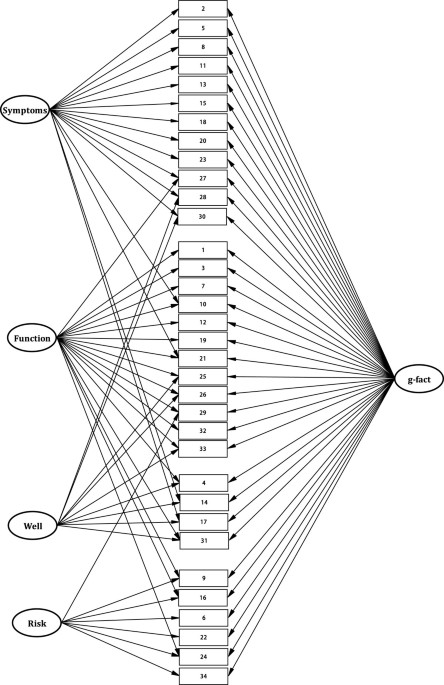
The factor structure and psychometric properties of the Clinical Outcomes in Routine Evaluation – Outcome Measure (CORE-OM) in Norwegian clinical and non-clinical samples, BMC Psychiatry
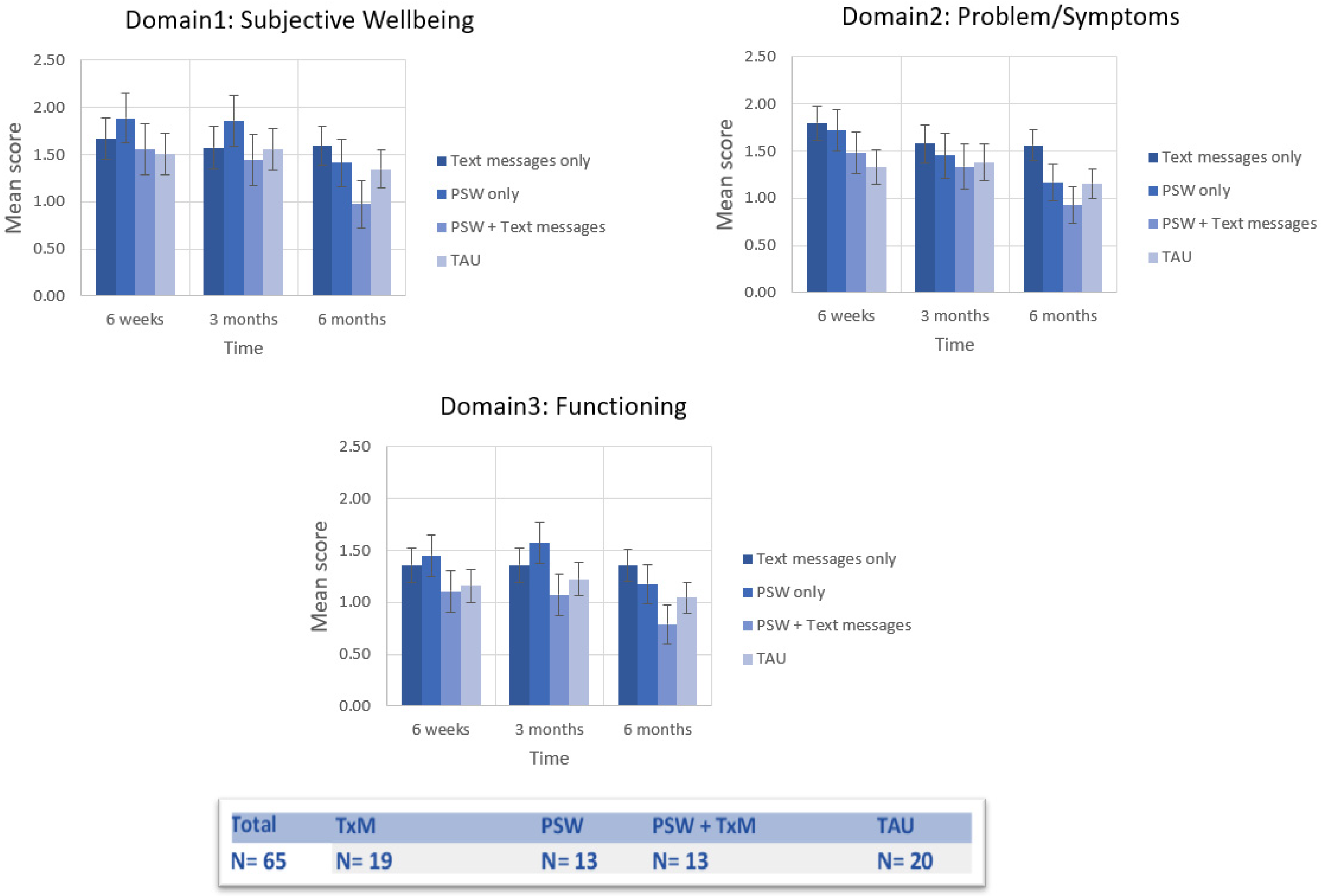
IJERPH, Free Full-Text

Selecting Patient-Reported Outcome Measures to Contribute to Primary Care Performance Measurement: a Mixed Methods Approach







